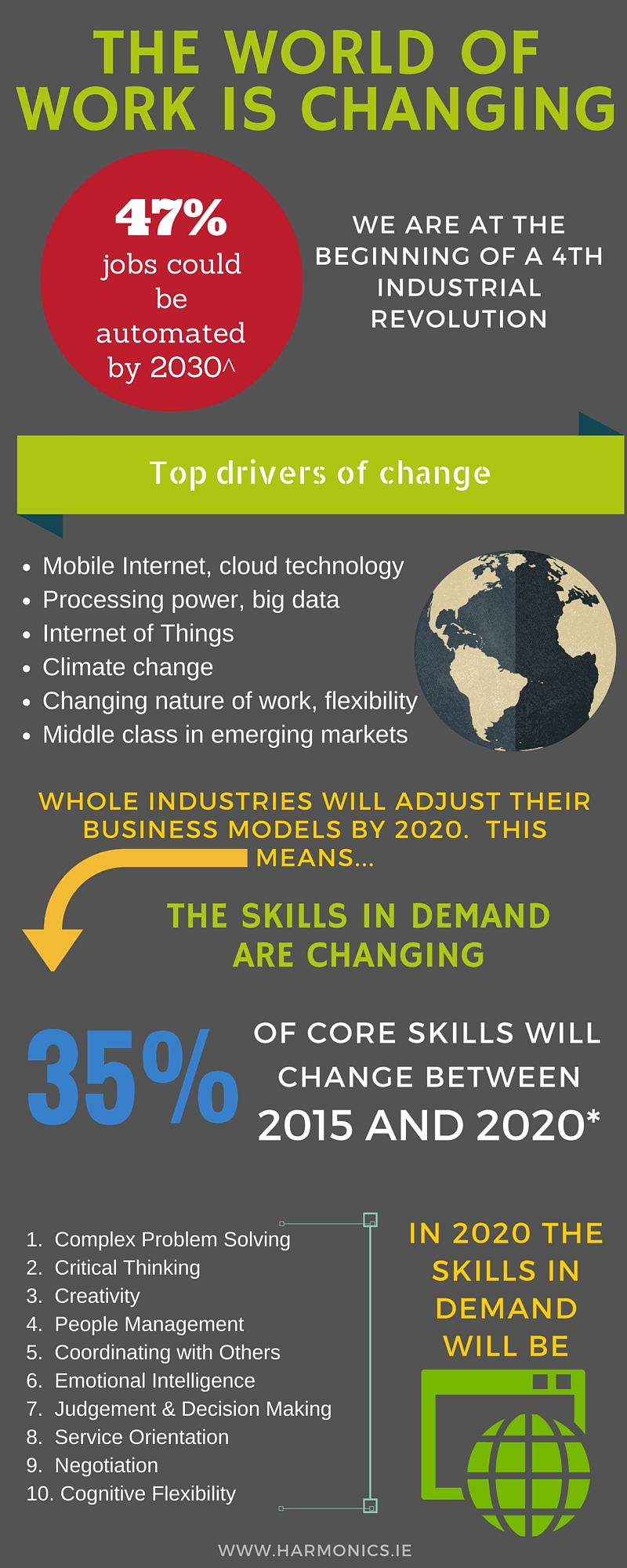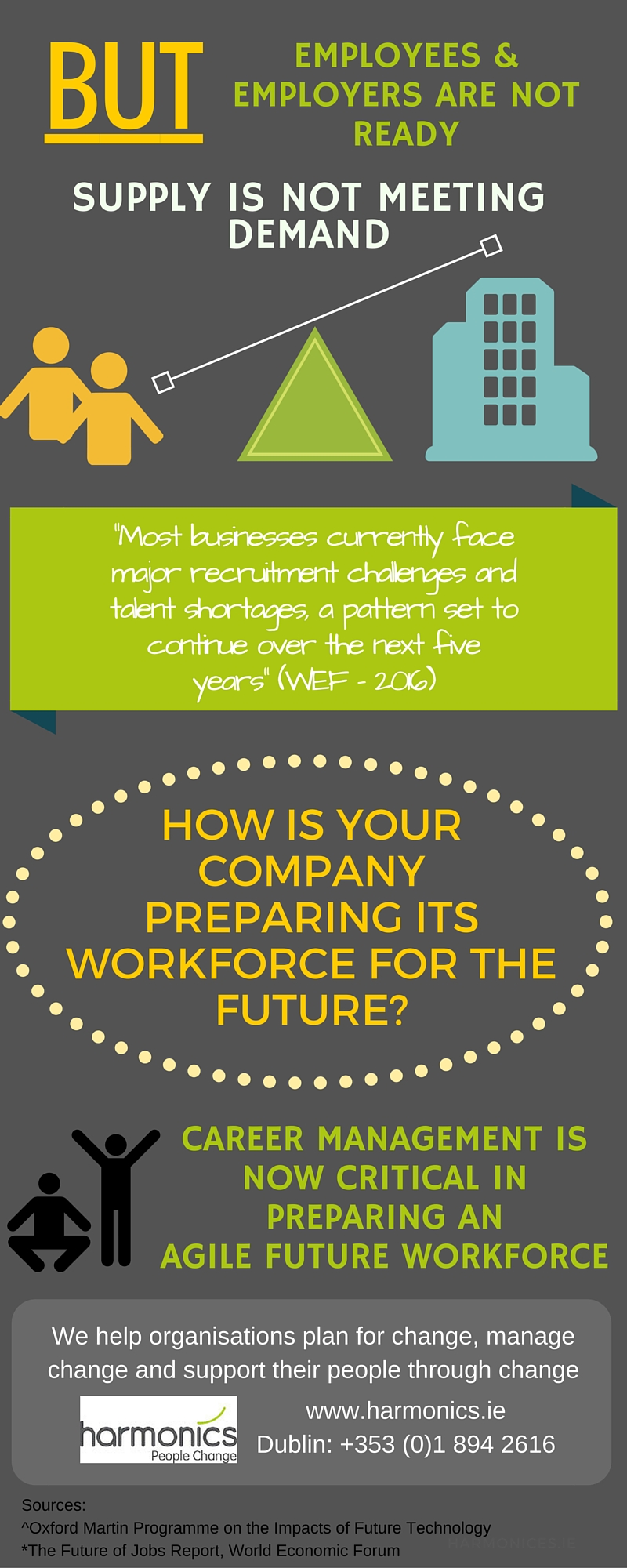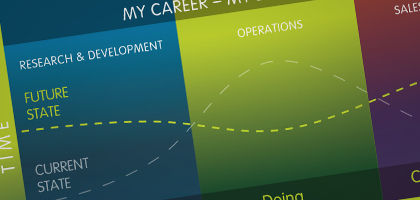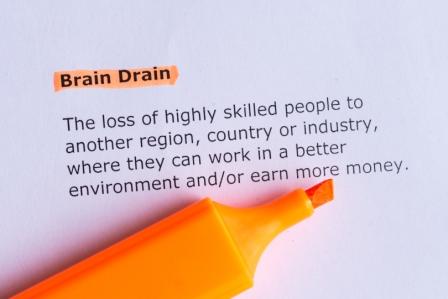The second half of your career is longer than you think
I met James last week. Twelve months ago he made a really big decision. At 48 he returned to college full time to complete a one year MBA.
The journey back to full time education started for James after I worked with him on his Executive Outplacement Programme. His senior global role was made redundant, but he had already become jaded by weekly air travel (he has amassed free air miles for the rest of his life!)
During our one-to-one sessions, he discovered he didn’t want to continue on this corporate global journey nor at the same pace. He budgeted what he needed to put aside and, with his redundancy package as a buffer, he made the decision to go back to full time study – it was his missing link. The light bulb moment happened when I drew his career lifeline on a flipchart. It had three ages on it 18, 48 and 78.
18________________________48________________________78
He was only half way there.
I am turning 50 this month and I know that by the time I reach 78, this will be closer to the official retirement age, not 68. This is the reality of an aging global population, our current lifestyles and insufficient pension funds for the future.
But if we reassess our career game plan, we can look forward to the next 30 year stretch as an opportunity for rebirth and personal growth, rather than something that we have to get through.
At 18 we look forward to the next few years of college life as a time to combine study, carefree fun and independence for the first time; somewhat naive, wide-eyed and hopeful for the future. However, the World of Work is Changing rapidly and one intensive three or four year block of study is no longer adequate. Long-term employability means having diverse and up-to-date knowledge and skills.
rapidly and one intensive three or four year block of study is no longer adequate. Long-term employability means having diverse and up-to-date knowledge and skills.
The impact of seeing this lifeline prompted James to see the next 30 years as an opportunity rather than a problem. It’s a brave call but he has created a new platform to pivot in a new career direction. He is now as enthusiastic as a fresh faced college grad of 22.
He sees the future world of work with new eyes and has already built a totally new network. He has been able to bring years of international business experience and marry it to the latest business thinking and models. This fusion of valuable work experience and learning has made his MBA much more relevant and rewarding.
The qualification was something he personally felt was missing but not just on his CV; James also wanted to test himself academically. He is now in the top quartile of the class which has greatly increased his self-confidence. It has given him a second wind for the second half.
There are many people like James who, for whatever reason, are offered a redundancy package to leave in their 40’s or 50’s. But instead of taking the time to reassess and reinvest in themselves, they think about the next 30 days, the quick fix and rush into job seeking mode rather than setting themselves up for the next 30 years.
They find a new job and continue to work hard but it is never as good as where they were. They keep scanning the job sites for the role they hope will take them back to the good old days. The next 30 years for them will be a continual decline, spiritually, emotionally, financially and physiologically.
Going back full time to college may not be possible for everyone, but learning and upskilling is becoming essential as identified in recent McKinsey research. The opportunity to reassess and recalibrate is always an option. The latter half of your career does not need to be like the first half. In the European championships this month, we will see teams adapt and change their game plan for the second half to get the result they want. The successful teams will use half time to reassess, re-energise and refocus their priorities. They will also have coaches who continually challenge them to be at their best.
The reality is we will all be living and working longer. The second half can be the most rewarding time in our lives but only if we are brave enough to re-evaluate what we have to offer, what will be in demand in the future and what we need to learn and do to bridge that gap.












